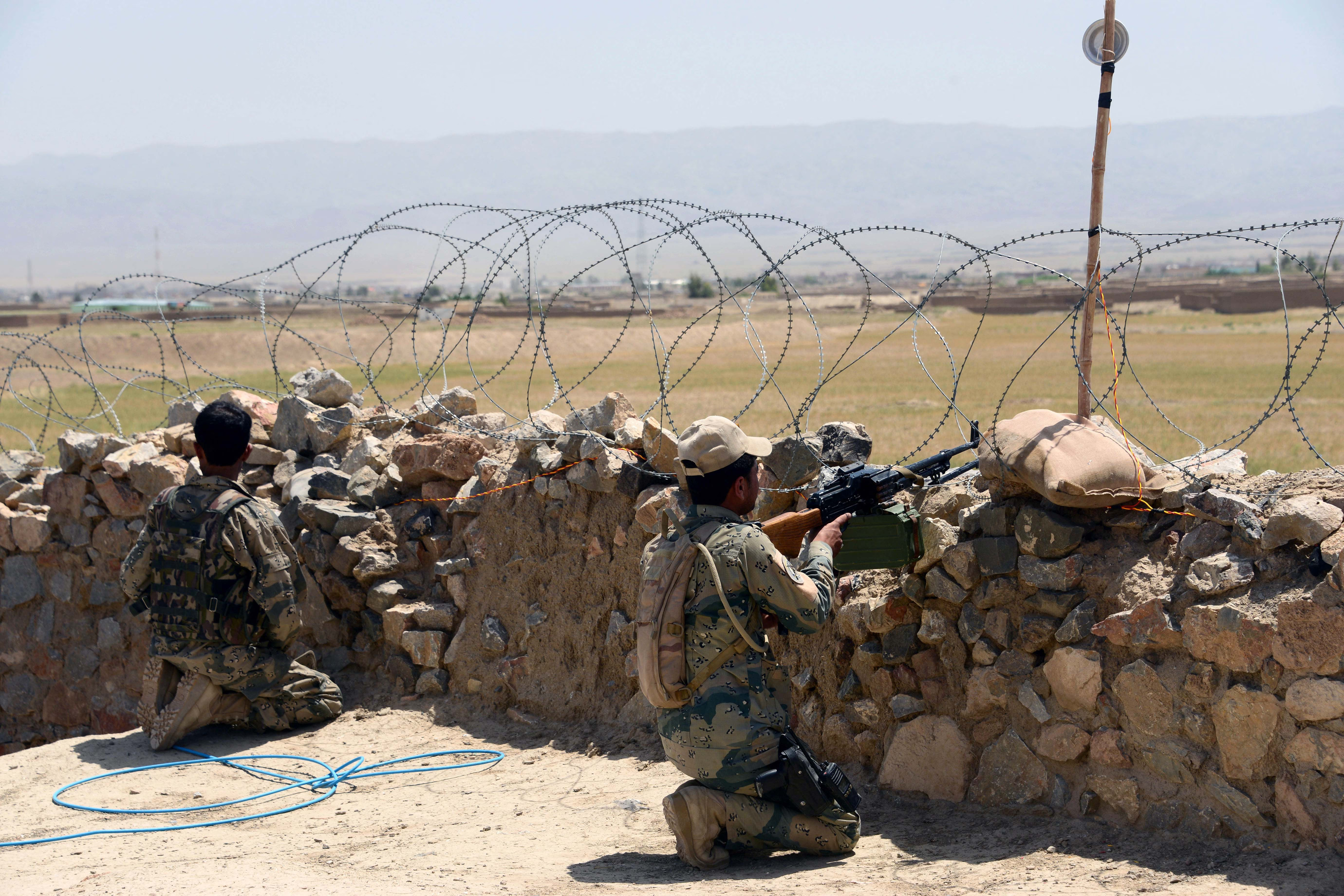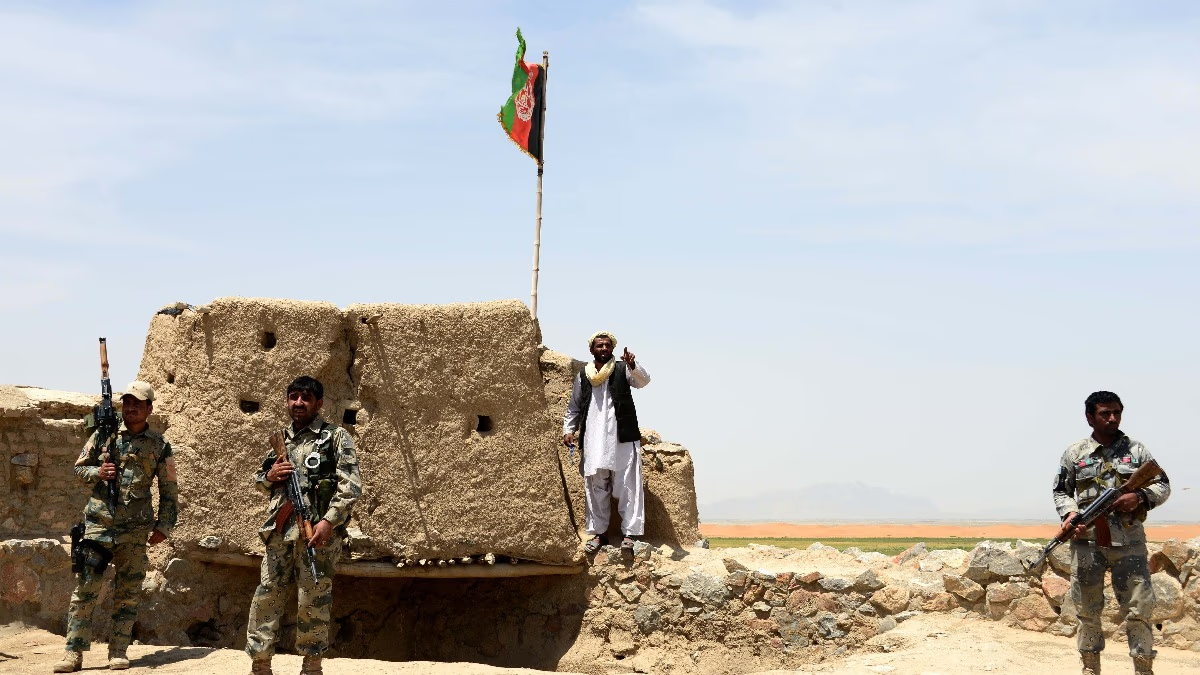Recent tensions between Pakistan and Afghanistan have once again highlighted the Durand Line, the historic border separating the two nations. A ceasefire statement issued by Qatar, which referred to the Durand Line as a 'border,' reportedly provoked Afghan officials, leading Qatar to issue a revised statement.
In an earlier statement, Qatar expressed hope through its Ministry of Foreign Affairs that this crucial step would help alleviate tensions at the border between the two brotherly nations and pave the way for lasting reconciliation in the region.
The statement was later revised to exclude the phrase 'at the border between the two brotherly nations,' with a new formulation from Qatar's Ministry of Foreign Affairs hoping this vital step would assist in reducing tensions between the nations and establish a strong foundation for sustainable reconciliation in the region.
The border line between Afghanistan and Pakistan, established in 1893 in the Hindu Kush, connected Afghanistan and British India to tribal areas. It stands as a relic of the 19th-century 'Great Game' between the Russian and British Empires, during which the British used Afghanistan as a buffer against Russian expansion eastward.

Source: aajtak
In 1893, an
between Sir Henry Mortimer Durand and then-Afghan ruler Amir Abdur Rahman, formalizing the Durand Line.
Abdur Rahman ascended to the throne two years after the Second Anglo-Afghan War ended in 1880. In this conflict, the British had captured significant territories from the Afghan Empire. His agreement with Durand defined the border on Afghanistan and British India's 'spheres of influence.' The agreement, consisting of seven clauses, recognized a 2,670-kilometer line extending from China's border to Afghanistan's border with Iran.
Also Read:
Upon gaining independence in 1947, Pakistan inherited the Durand Line, along with the longstanding Pashtun refusal to recognize it and Afghanistan's refusal to officially acknowledge it.
Islamabad recognizes the Durand Line as an international border, while Afghanistan denies this. Both the Taliban and past Afghan administrations have labeled the line as an artificial division of Pashtun tribal lands, undermining Afghanistan's sovereignty.
In recent years, this border line has been a significant source of tension between the two countries. Pakistan fortified the line with a fence, and Afghan guards dismantled portions of it. While Afghans dismiss the line as a 'colonial relic,' for Pakistan, it is a matter of territorial integrity.




